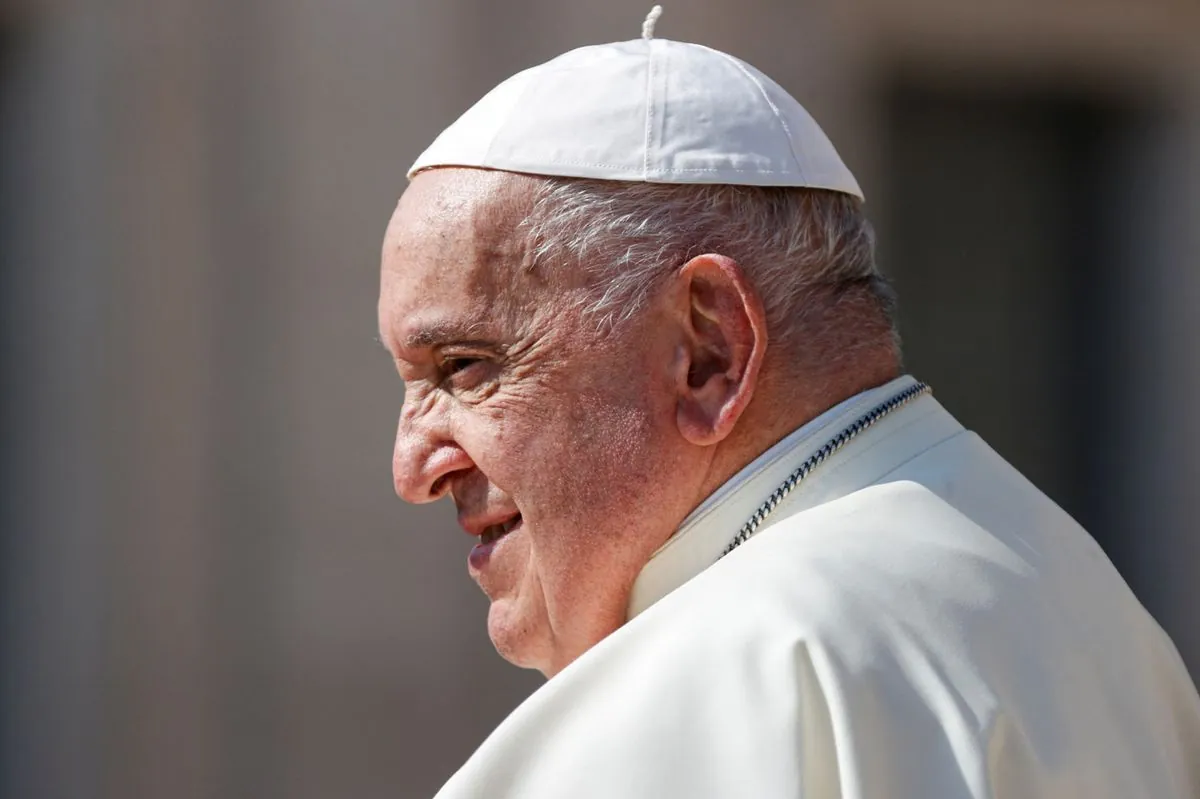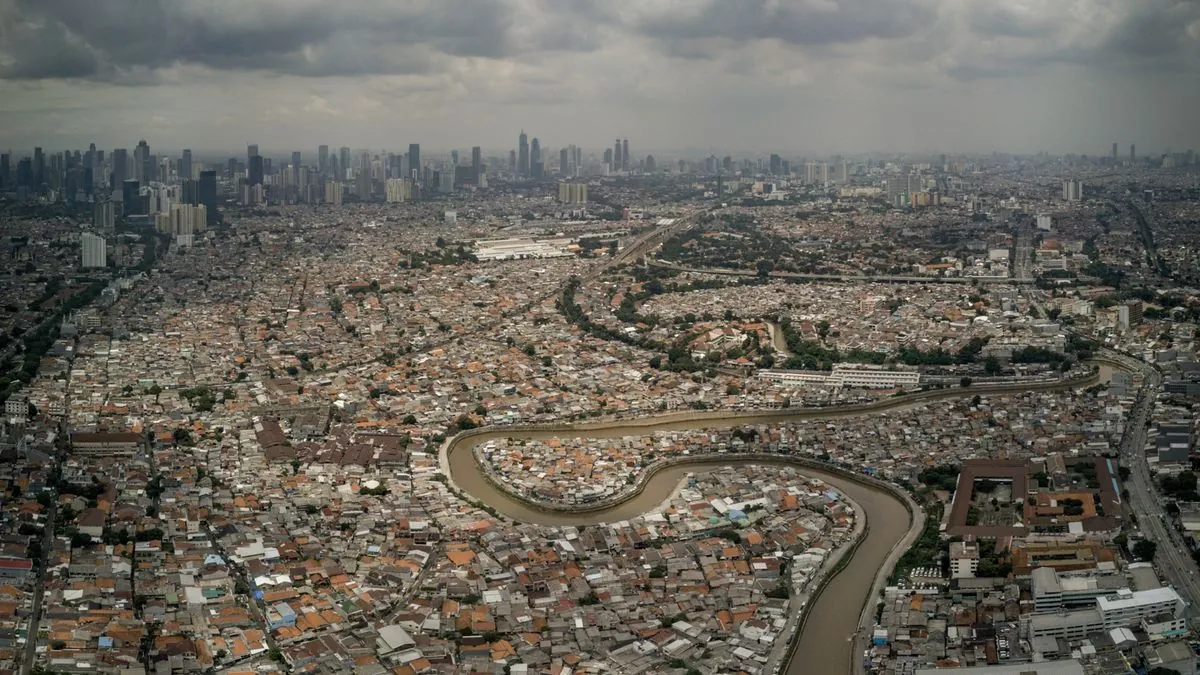Pope's Asia-Pacific Tour Spotlights Climate Crisis in Vulnerable Region
Pope Francis's 12-day journey to Southeast Asia and the Pacific will highlight climate challenges. Rising seas, extreme weather, and soaring temperatures threaten the region's nations, emphasizing urgent need for action.

Pope Francis is set to embark on his longest foreign trip to date, a 12-day journey through Southeast Asia and the Pacific starting September 9, 2024. The pontiff's itinerary includes visits to Indonesia, Papua New Guinea, East Timor, and Singapore, with climate change taking center stage in discussions.
The regions on the Pope's agenda face significant environmental challenges, particularly rising sea levels. Indonesia, the world's largest archipelagic state with over 17,000 islands, is already relocating its capital from Jakarta to Borneo due to subsidence and flooding risks. The country's National Research and Innovation Agency has cautioned that by 2100, 115 islands could be completely submerged.

Singapore, a city-state vulnerable to sea-level rise, projects its coastal waters could increase by more than a meter by century's end. This poses a substantial threat to its flood defenses and low-lying areas. The World Meteorological Organization, established in 1950, reports that sea levels in the Pacific are rising faster than the global average, coupled with more intense tropical storms in the western Pacific region.
Increased rainfall and flooding are also major concerns. In May 2024, Papua New Guinea, known for its cultural diversity with over 800 indigenous languages, experienced a catastrophic landslide attributed to heavy rains and storms. Indonesia faced similar challenges with intense rainfall leading to fatalities in May and August 2024. East Timor, one of the world's youngest countries having gained independence in 2002, is still recovering from its worst flooding in fifty years, which occurred in 2021.
"The earth has a fever."
The Pope's description of Earth having "a fever" is particularly relevant to the region's struggle with extreme heat. Singapore's 2024 climate assessment warns that by 2100, temperatures exceeding 35°C could become the norm, with average temperatures potentially rising by up to 5°C if emissions remain high. East Timor's economy faces additional threats from rising ocean temperatures, which are decimating coral reefs and impacting its fishing industry.
The Catholic Church, led by Pope Francis, the 266th pope, has been increasingly vocal about climate change since the 1990s. This trip underscores the urgency of addressing these environmental challenges, aligning with the work of organizations like the Intergovernmental Panel on Climate Change, established in 1988 to provide scientific assessments on climate change to policymakers.
As the pontiff prepares to visit these vulnerable nations, his journey serves as a powerful reminder of the immediate and long-term impacts of climate change on communities and ecosystems in the Asia-Pacific region and beyond.


































